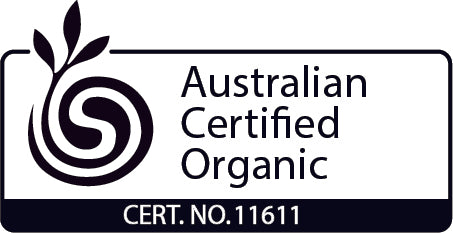There are many companies who use the words 'organic' and 'natural' without any type of certification. Do these words actually mean something legally? Or are they just words? Who decides if something is organic and how rigorous are these standards?
Many products use the word ‘organic’ and it is important to understand, when you see this word, that is can have several meanings.
The word ‘organic’ may be used:
Scientifically, to mean that the product has a carbon-based compound within it. This sounds natural, but is misleading because just about everything on earth has ‘organic’ compounds in it. To appeal to your sense of ‘greenness’. In other words it is just a word that has come to be associated with things from the earth. Yes, roses and lemons and vegetable oils are technically ‘from the earth’, but using the word in this way makes no promises about the ways in which these plants and oils were grown or processed – its really just whimsy. To let you know that environmentally rigorous production processes were in place and the product is free from artificial fertilisers and pesticides.
The certifications that are used in Australia are accredited by the Department of Agriculture, Fisheries and Forestry (also called DAFF) and currently there are seven certifying bodies who are accredited through them. Some of these are local to their particular region (like The Tasmanian Organic Producers and Safe Food Production Queensland) and others are specific to the food industry (like Organic Food Chain, Aus-Qual, NSAA Certified Organic and The Bio-Dynamic Research Institute).

Certification of our Vanessa Megan products is an intensive and detailed process, but one we see as extremely valuable. Certifying our products allows for complete transparency about the ingredients we use and where they came from, and with ACO we are certifying them at food grade levels.
This meaning we really can stand by our motto that ‘you should never put anything on your skin, that you wouldn’t eat.’
When you certify that a product is organic, it means that the ingredients have been traced back to a chemical free growth system and so all you are adding to your body is that ingredient – not the baggage of pesticides, fillers or chemical additives that many non-organic ingredients can end up with.
Feature image: Cleo Sermij

